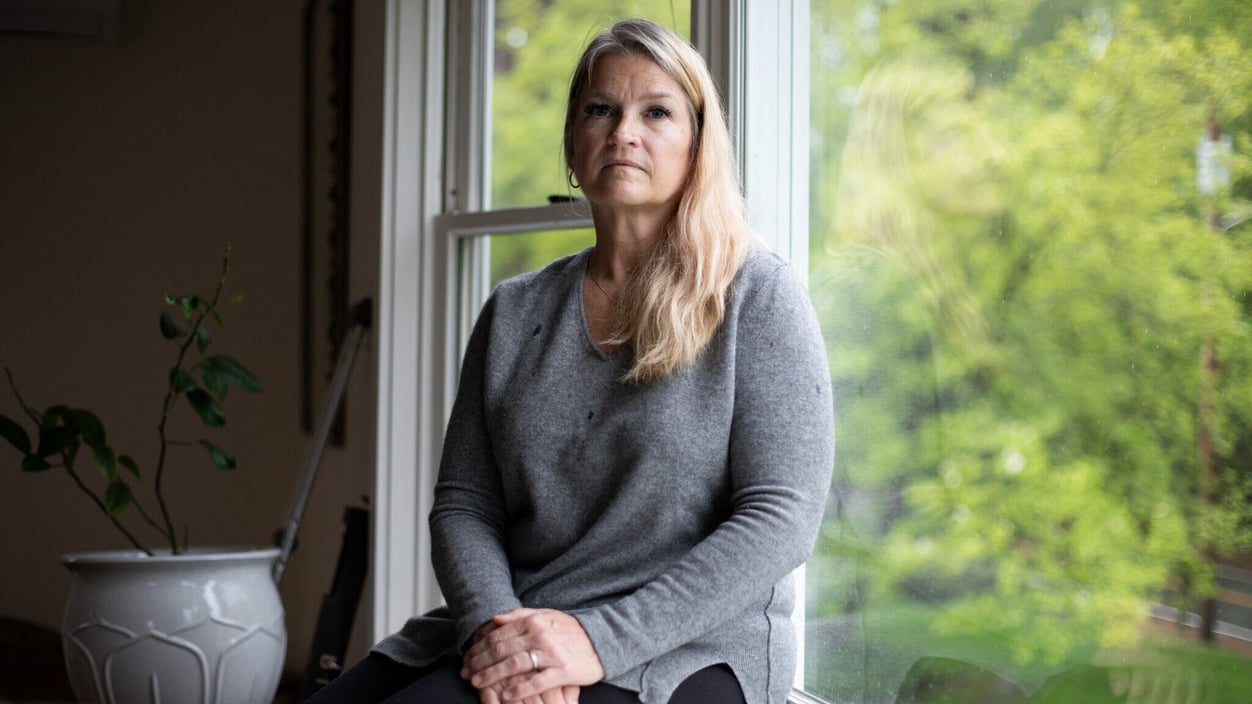medical devices
Imagine a $1,000 bill for batteries you didn’t need in the first place

Kayana Szymczak for STAT
When Michelle Bean bought a basic pain management device in 2020, the company, Zynex Medical, assured her that the supplies would be covered by her insurance company. Batteries and electrode pads arrived at her home every month for two years, taking up more and more space in her closet, unused. Until one day, Zynex informed her that the insurer had never paid. Those batteries were going to cost her almost $1,000.
It’s a maneuver reminiscent of the classic “razor blade” business model, with a company deriving most of its revenue from a product’s supplies as opposed to the product itself. The batteries ostensibly keep the device running, but the regular shipments also allowed Zynex to bill insurers for thousands of dollars more than it otherwise could. The practice is rampant in health care, STAT’s Lizzy Lawrence writes, but rarely impacts insurers’ bottom lines enough to put companies under regulatory or legal scrutiny. As a result, patients like Bean are left to fend for themselves. Read more.
another infectious disease
MMR vaccine misinformation persists as measles cases rise
A quarter of U.S. adults may not know that claims about the MMR vaccine (measles, mumps, rubella!) causing autism are false, according to a report published yesterday by the Annenberg Public Policy Center. The CDC has said there is no evidence linking the vaccine to the disorder. But 24% of respondents said that statement — that the CDC has said there is no evidence — is “somewhat” or “very inaccurate.” The results, collected from 1,500 people in April, come as measles cases in the U.S. are rising, but vaccinations against the disease are falling.
It reminds me of a First Opinion that STAT published this year by physician Paul Law, who lives and works in the Democratic Republic of the Congo. Only about 20% of children there are vaccinated for measles, due to a lack of funding and infrastructure. Last year, there were more than 500 measles deaths. “I’ve never met a mom there who turned down the shots for her kids,” he wrote.
first opinion
An outdated Medicare rule could be harming some dementia patients
If you don’t know anybody with Alzheimer’s disease or dementia, you would be forgiven for assuming that memory loss is the main symptom. In reality, people with dementia often experience mood and behavior symptoms ranging from anxiety and depression to violent outbursts and psychosis. While changes like establishing a predictable daily schedule and engaging the person in meaningful activity can help with symptoms for some people, others will need medication.
But it’s not that simple. Outdated regulations often prevent these medications from reaching the people who need them, writes gerontological nurse practitioner Carolyn Clevenger. The Centers for Medicare and Medicaid Services, which determines coverage for its beneficiaries and influences other insurance plans, has established policies that make it more difficult for providers to prescribe antipsychotic drugs when appropriate. Read more on how both patients and their families are affected.



